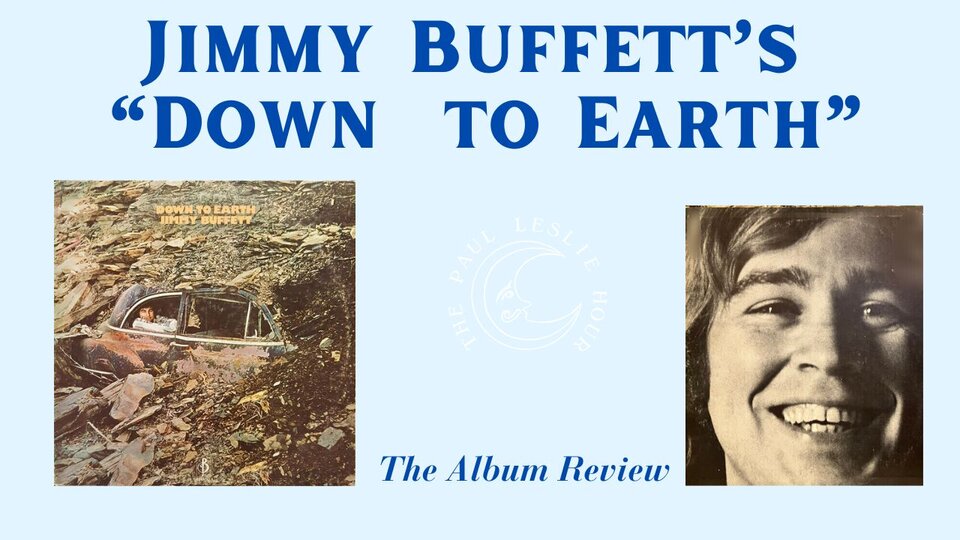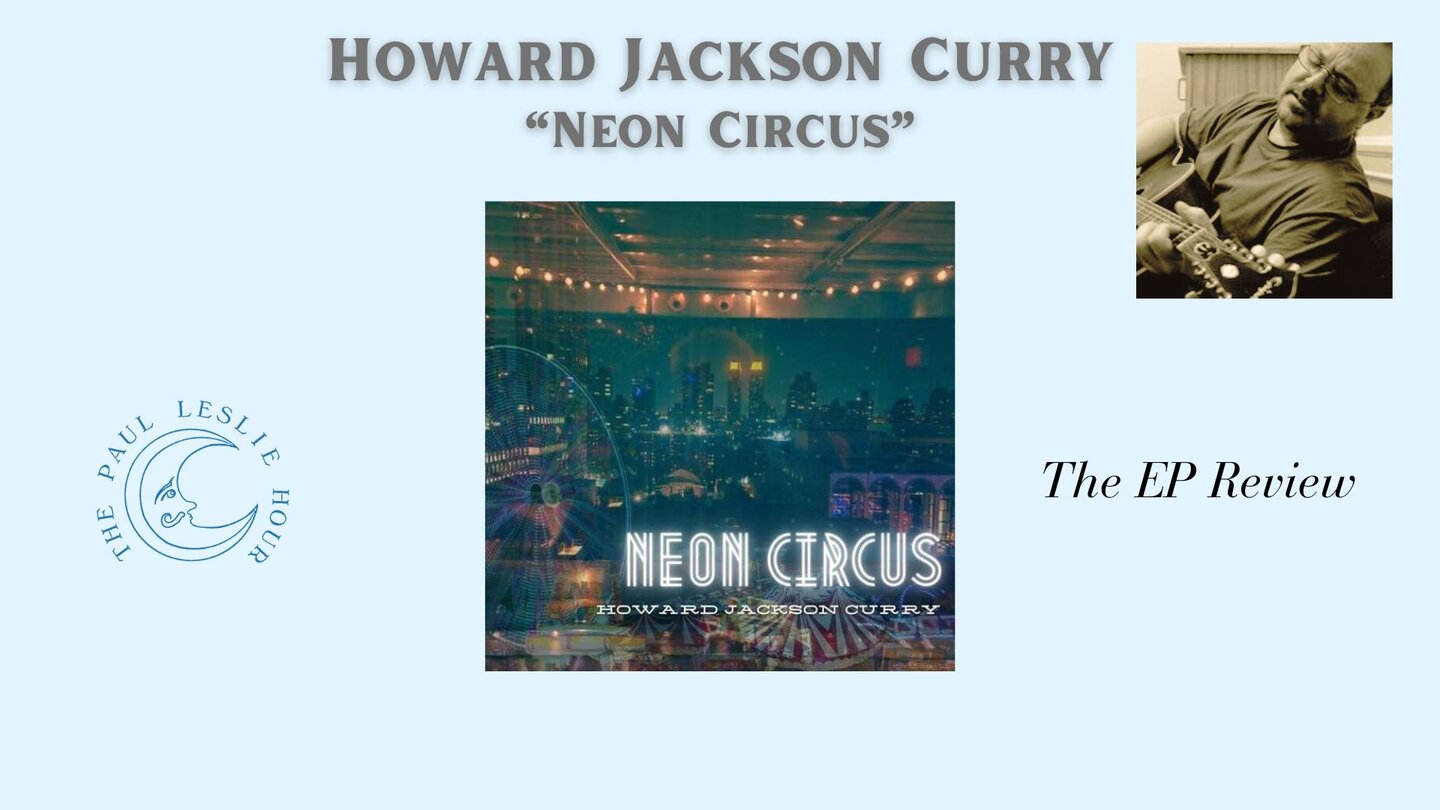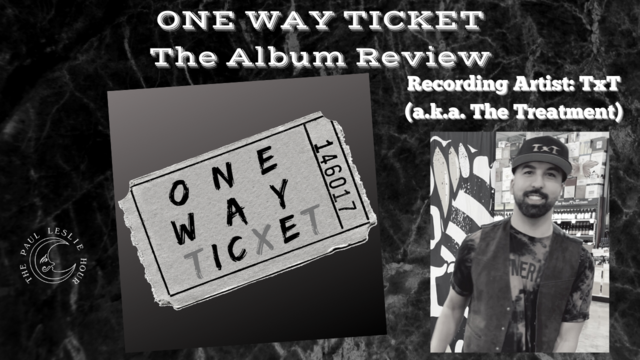Discovering Jimmy Buffett’s roots: an album worth revisiting
Years before the fame of songs like Come Monday and Margaritaville, and before the Caribbean cowboy persona, there was Down to Earth, Jimmy Buffett’s folk-rock debut. Released in 1970 to little fanfare, this idiosyncratic collection of songs reveals the seeds of Buffett’s storytelling genius. With themes of hypocrisy, adventure, and hard times, it’s a window into one of America’s greatest writers — before his meteoric rise. Whether you’re an ardent fan or new to Buffett’s music, this review (and more importantly the album itself) invites you to listen, reflect, and appreciate where it all began.
The album that started it all
The album I listened to the most in 2023 was the very first Buffett album, Down to Earth, which was first released on August 11, 1970, on Barnaby Records, the label of the late crooner Andy Williams.
It wasn’t a runaway success. It sold under 400 copies, but I contend that this is an album worth looking at—and well, listening to. I was inspired to listen to the album again just a couple of days before the one-year anniversary of Jimmy Buffett’s passing. I listened to Down to Earth in a place far, far away from the southeastern United States—Mobile, Alabama, and Nashville, Tennessee, were the key locations related to this album. Key West was still a few years away.
I was in Letea, a most unusual forest and natural reservation in Romania, just a few miles from Ukraine. I wonder if Buffett ever went there. It may seem puzzling why such a location would put that question in my mind. It’s because of songs like “The Missionary,” which already revealed a fascination with exploring off-the-beaten-path coordinates and otherwise anonymous people. Even on this early collection of songs, he showed his penchant for real-life characters and the unusual.
Down to Earth is folk-rock, with a dash of country
Something will occur to you as you listen to Down to Earth. It’s certainly a folk-rock record. It’s a collection of tunes that fits into that world of Don McLean and Bob Dylan, with just a current of country that appears and fades away now and then. Milton L. Brown, perhaps the music industry veteran who knew Jimmy Buffett before anyone else, described these songs and how they’re quite different from the Jimmy Buffett the world would come to know:
Milton L. Brown: “I don’t think it’s anything like it is today.”
Paul Leslie: Yeah, it’s very different.
Milton L. Brown: “Yeah, it’s long before Jimmy turned out to be the Caribbean cowboy. The sand-between-the-toes Jimmy that everybody knows and loves. I don’t know how deep you want me to go into that relationship, but when I met Jimmy, he was just out of school and he came into a little studio we had here in Mobile and recorded a few things.”
All of the songs were written by Jimmy Buffett, with a couple of co-writes—one by Milton L. Brown and the other with the late Buzz Cason. You’ll be hearing clips from my interviews with both of those men in this review. We’ll also hear from Travis Turk, who, as you’ll find out, has an incredible speaking talent. Turk also played a big hand in the creation of Down to Earth and the album recorded after it.
The making of Down to Earth
First things first. Down to Earth wasn’t recorded to be an album; rather, the songs were more intended to exist on their own. Here’s Travis Turk, credited as the producer of Down to Earth, explaining:
Paul Leslie: What are your recollections of making that album Down to Earth, his very first?
Travis Turk: Well, we didn’t record it as an album, actually. I told you earlier that we had recorded these demos, these fleshed-out demos. And most of those songs were part of the album package when we packaged up these twelve songs and presented it to Mike Shepherd, who was the head of the label here in town for Barnaby Records, which was owned by Andy Williams.
He liked everything about it, and I said, “Okay, great. Well, give us some money and we’ll go in and recut everything,” and he said, “No, no, no. We want to keep what you have. We like what you’ve got.” I was the drummer on the thing and I said, “We could get a better drummer. You know we can clean all this up and make it more presentable.” And he said, “No, we really like this.” And both Buzz Cason and I shook our heads.
I said, “Well, look, we’re going to take some of the money, and we actually are going to recut some of these things.” And we did that on our own and took what little money they gave us to recut some things, and that became the first album. So, some of the songs that are on there—I’m still playing drums, and we had friends like Bob Cook, who was Jimmy’s mentor back in Mobile at the club he first played in. He played bass on some of the things, like the first song on the album. It’s called ‘The Christian?’—question mark—which was co-written by Milton Brown.
We had some friends that I had gathered up, musician friends, to play on the album. So that’s what you hear. And actually, in retrospect, for something that was cut as mostly demos back in 1969, it actually sounds pretty good. I go back and listen to it occasionally and wonder how in the world we did as good as we did, with the limited resources that we had.”
Buzz Cason added:
Buzz Cason: “Mike Shepherd of Barnaby Records put ‘em out for us. We wanted to redo them and do them better in a better studio or whatever, but he wanted to put them out like they were. And it didn’t sell much, but it got him on his way. The album was called Down to Earth.”
I guess that’s a good way of looking at things. It got Jimmy Buffett on his way.
The songs of Down to Earth
The Christian?
The album starts with “The Christian?” co-written with Milton L. Brown. I look at it as a song about hypocrisy. I recently reconnected with Milton, and he weighed in about the song’s genesis:
Milton L. Brown: Now he was doing different material. “The Christian?” was like that. That was his idea. I helped with the lyrics on it. He had the melody ready and he knew what he wanted to say. The key line in it was: “Could you really call yourself a Christian, if charity costs half as much as beer.” And so, it was typical Buffett humor.
Ellis Dee
“Ellis Dee” was co-written with Buzz Cason, who we heard from earlier. He was the same guy who co-wrote the hit song “Everlasting Love.” “Ellis Dee” is, of course, a reference to the drug LSD. This was, after all, the late ’60s, early ’70s. Buzz Cason passed away on June 16, 2024. I’d like to add that he was a super nice guy.
The Missionary
“The Missionary,” which I mentioned earlier, is one of the original examples of Jimmy Buffett’s ability to tell an atypical story. It has a protest song element to it, describing the repurposing of sword blades into plows.
A Mile High in Denver
“A Mile High in Denver” reveals what will be a recurring theme in Jimmy’s music: an autobiographical vantage point of a new place, as seen through the eyes of a person who is one part poet, one part adventurer.
The Captain and the Kid
Down to Earth has one of the most relatable songs Jimmy wrote, which is paradoxically one of the most personal. “The Captain and the Kid” first appeared here. Jimmy Buffett thought a lot of this one and would record two more studio versions through the years, making three versions in all. The producer of Down to Earth, Travis Turk, shared his encounter with the subject of that song:
Travis Turk: We actually did record some songs in those years that actually made albums later on like “The Captain and the Kid.” That was one of my all-time favorite songs. I happened to meet Jimmy’s grandfather—the Captain—at his wedding. I remember at the reception, he was sitting in a window that overlooked Mobile Bay. I didn’t know his history. All I knew was that here’s this guy. He’s sitting there and I’ve got a drink in my hand and he’s staring out at the water, and I just struck up a conversation with him. Later, when we did “The Captain and the Kid” and I heard that story, I asked Jimmy, “Is this true?” And he said, “Oh yeah. Every bit of it’s true.” It was a real honor to meet the Captain.
Captain America
“Captain America” is a bouncy study of the Marvel comic book superhero, that mentions then Vice President Spiro T. Agnew.
Ain’t He a Genius
“Ain’t He a Genius” may be the most underrated song on Down to Earth. It’s well-conceived and perhaps unintentionally or intentionally autobiographical. Like the genius in the song, Jimmy became a star. But the song also explores the “jealousy that flows” when someone hits massive success.
Turnabout
“Turnabout” is a song with tremendous tenderness, both in the delivery and the treatment of the character. I wonder who the girl in the song was, or was she even real? There are a couple of references to Mobile, with the narrator and the reunited friend agreeing that Mobile had never changed.
There’s Nothing Soft About Hard Times
“There’s Nothing Soft About Hard Times” is a song about the reality of poverty. The lyric, “I could see, I wasn’t meant for poverty,” explains Jimmy Buffett’s work ethic.
I Can’t Be Your Hero Today
“I Can’t Be Your Hero Today” makes me think of Bob Dylan’s “It Ain’t Me Babe.” The singer is telling it like it is—I’m not the man you’re looking for.
Truckstop Salvation
Down to Earth ends with “Truckstop Salvation,” perhaps the sonic anomaly on the album. It’s quite different from anything Buffett ever recorded, with the last two minutes being a long, trippy instrumental outro reminiscent of the Grateful Dead.
A fitting beginning for a one-of-a-kind artist
Although this record wasn’t a commercial success, Jimmy Buffett would find his place in the sun soon enough. Milton L. Brown noticed something very special about him right away:
Milton L. Brown: Jimmy walked in, and Paul, his smile literally lit up the room. I said to myself, “If this guy can sing, there’s promise there.” And he sort of became like a little brother. He was so kind and so easy to deal with.
The album title Down to Earth makes me notice the mostly domestic nature of the songs here. The geographic exploration was still a seedling, but there was so much more to be said. Still so much to be done.
Next, we’ll leave the fresh earth of this debut collection and go to higher lands. High Cumberland Jubilee was the second record, which I plan to dive into soon.
It’s been great having you join me. Now I invite you to consider my assignment. Your mission, should you choose to accept it, is to listen to this album. Really listen closely. Tune out the distractions and immerse yourself in the experience.
What do you think of this album? What do you notice? Let me know. Thanks again, and until next time.



